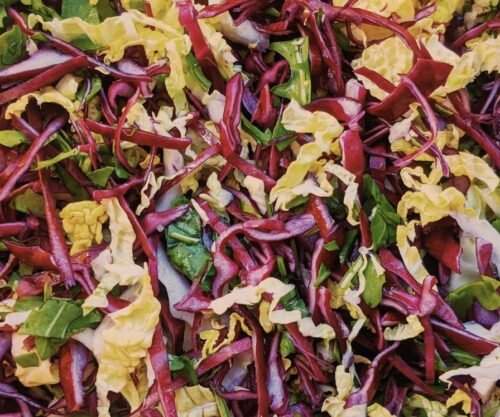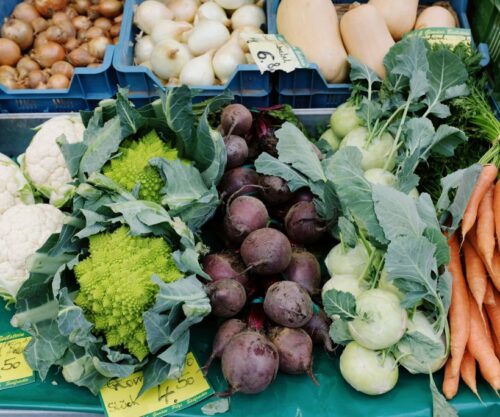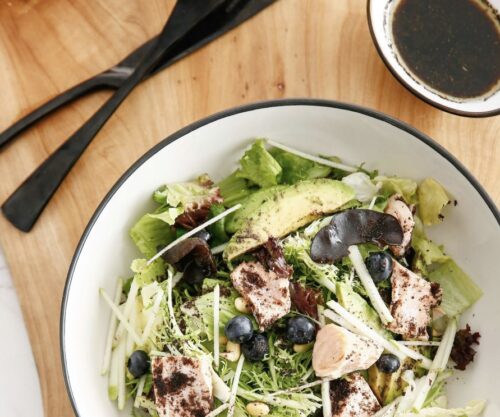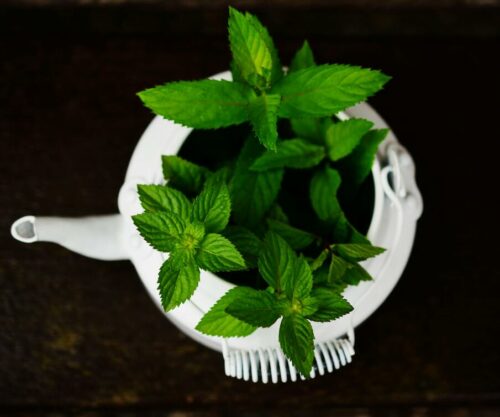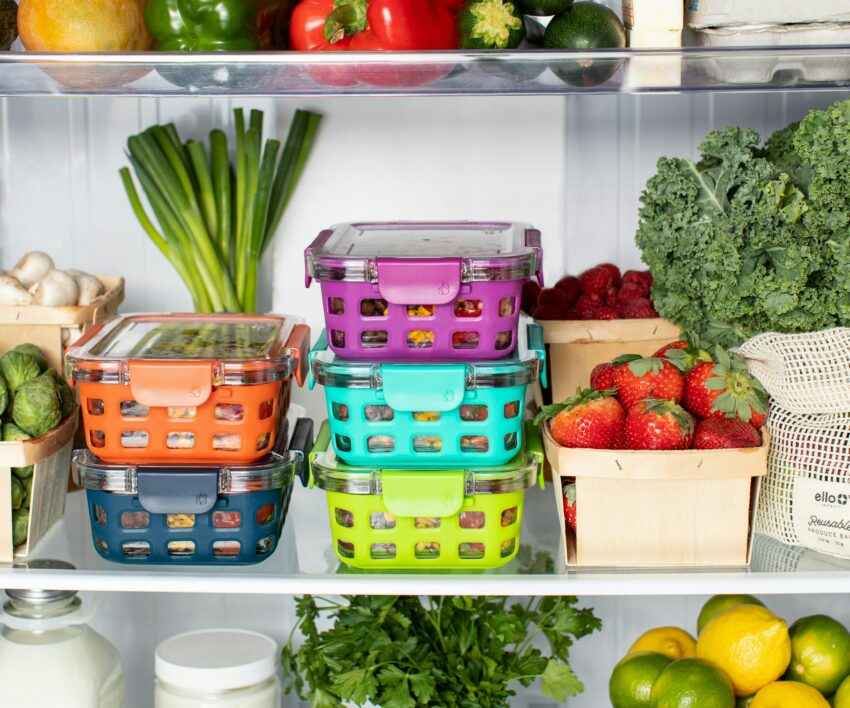
The fridge is the hardest-working appliance in your kitchen. It helps keep all fresh groceries cool, making them last a little bit longer. However, most people pack the fridge full of stuff, from last night’s leftovers to their favourite spreads and fresh veggies, underestimating how long ingredients actually last once opened or stored. All this leads to food waste, unnecessary grocery runs or worse, cross-contamination. But don’t stress, we’ve got you covered.
First up, the basics
Before you start, it is important to note that crucial elements need to be in place before even packing your fridge with your favourites.
- Fridge temperature matters: Foods in the fridge need to be kept at 4ºC at all times, to maintain their freshness, prolong their shelf-life, and most importantly, prevent harmful microorganisms from growing. Set your fridge dial no higher or lower than number 4 or 5.
- Clean before restocking: Always clean your fridge before restocking it. This prevents further cross-contamination that might have occurred previously.
- Use-by vs best-before: The term ‘use-by’ is a guideline set by companies; it tells you the last date at which the food will be in optimal condition. However, best-before is the last date that you can consume the food, after which it is deemed ‘off’, not fit to consume, or ‘rancid’.
- Signs of spoilage: If you see any mould, slimy substances and excessive bruising on fresh foods, or smell any funky odours, something has gone off. Remove it immediately and check foods that were in direct contact, making sure to clean and disinfect the area too.
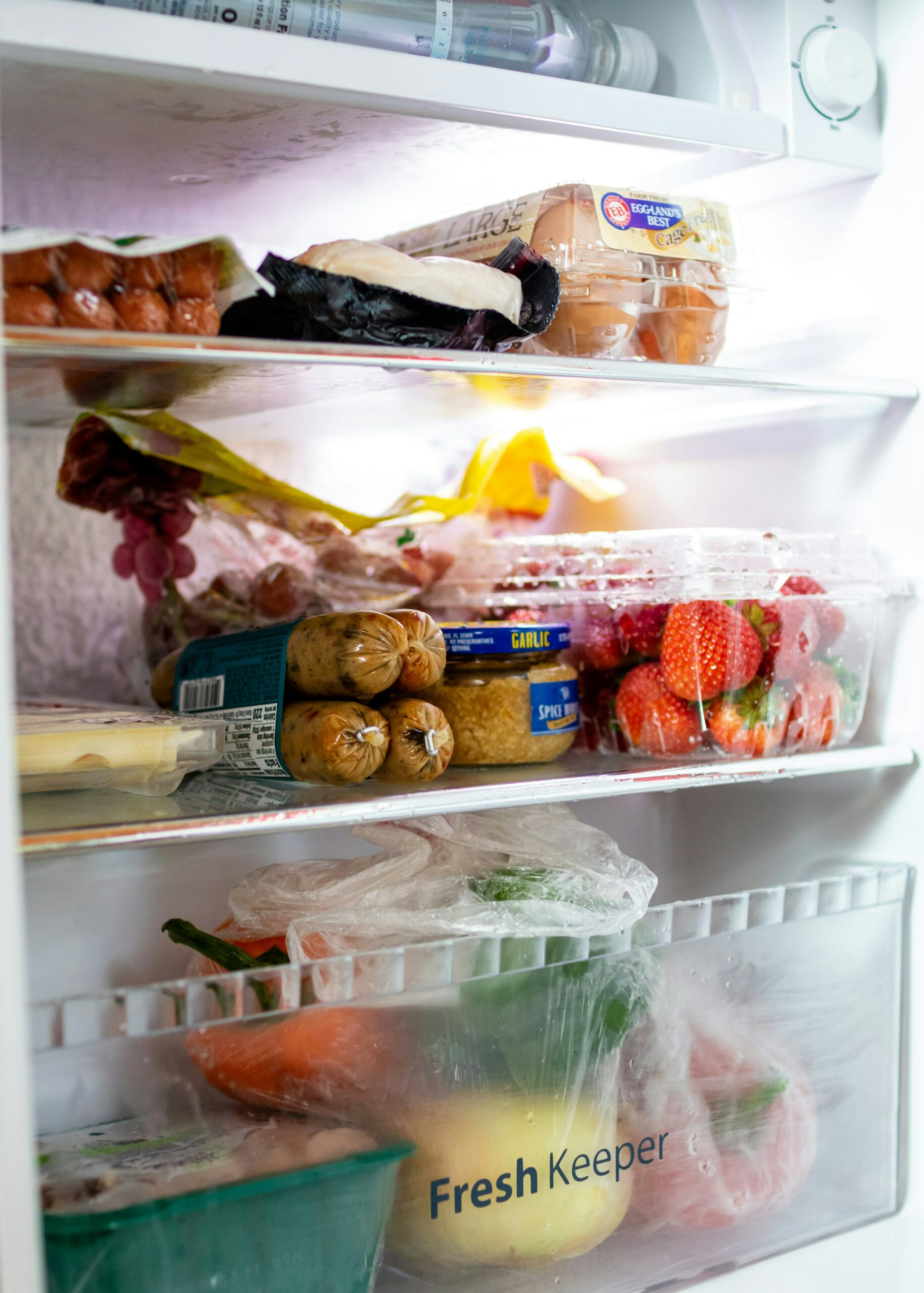
A complete food storage guide to use
Fresh produce
These fresh produce includes vegetables and fruits, anything from berries to mangoes, and cucumbers to spinach. These are the normal days; they should usually last:
- Delicate fruits, like berries and grapes: 5 days
- Hardy fruit, like apples and pears: 2 to 3 weeks
- Broccoli & cauliflower: 1 week
- Leafy greens: 5 days
- Cucumber: 5 days
- Mushrooms: 1 week
- Root vegetables: 3 weeks
- Tomatoes: 3 days
- Winter squash: 2 to 3 months
- Herbs: Delicate herbs last 5 to 10 days, and woody herbs last 2 weeks
Leftovers and cooked meals
Whether it’s leftovers you made or took home from your favourite café, or cooked meals you prepared for the week ahead, any cooked foods don’t last forever in the fridge. A good rule of thumb to keep to is keeping and eating cooked foods within 3 to 4 days, and tossing any that have sat in the fridge longer than that. Ensure you store cooked foods in labelled and dated containers that have sufficiently cooled.
Compiled by Annemieke van Nieuwkerk
First published by Food and Home
Also see: Unpacking ‘fridgescaping’ a new trend that has TikTok and Instagram talking

